Did you know 20% of New Zealanders suffering from chronic pain, and pain is the most common reason someone will visit a healthcare Practitioner in New Zealand. There is no question that we’re a nation in pain and inflamed. To understand how to reduce pain, we need to look at its main cause, inflammation, which is triggered in response to tissue injury or infection. The inflammatory process is designed to initiate healing and also to keep you resting while healing occurs. For this reason, the swelling that comes with inflammation stimulates nerves around the affected area, sending signals to your brain that something is wrong by causing you pain, and consequently restricting your movement.
Pain is your body’s way of telling you ‘something’s up’. More specifically, pain is a major symptom of the inflammatory response, a normally short-lived process with one sole function: to protect our bodies from infection and injury. The redness, heat, swelling, pain and loss of function experienced during acute inflammation is your body’s way of telling you to take it easy while it recovers.
The inflammatory process consists of two phases –onset and resolution. During the onset phase, your body detects injury and responds by sending a clean-up crew of immune cells to clear the injured tissue, prevent the onset of infection, and guard against further damage. Once the clean-up crew has contained the damage from the injury, your cells shift into anti-inflammatory mode to promote resolution and a return to normal function.
Most people address pain with pain killers, including analgesics, opioids and non-steroidal anti-inflammatories (NSAIDs). Analgesics and opioid medications may provide some much needed symptomatic relief, however these agents mask the pain rather than resolving it; they act upon the sensation of pain rather than the inflammation that creates it. More often than not, once these medications wear off, the pain returns with the same ferocity as before. Whilst NSAIDs can reduce inflammation, long-term use is associated with unwanted side effects, the most prominent being gut pain and discomfort.
Here are 6 natural ways to reduce your pain:
Natural medicines:
1 Magnesium: This mineral helps relieve pain by reducing inflammation, soothing tight muscles in inflamed areas, and by reducing the firing of pain pathways in the brain. It does this by regulating nerve signalling, muscle contraction and the production of brain chemicals (neurotransmitters) that influence pain perception (the way pain is recognised and interpreted by the brain). A highly bioavailable magnesium can act on various neurotransmitter, nervous and musculoskeletal pathways to reduce pain.
2 Specialised Pro-Resolving Mediators (SPMs): These are lipid (fat-based) compounds that flick the switch from the inflammatory initiation phase to the anti-inflammatory, healing resolution phase, while also reducing pain by altering pain perception. SPMs are normally produced by the body, however, when inflammation and pain become chronic, the capacity for the body to produce SPMs becomes compromised. In these cases, an SPM supplement may help to turn on the resolution phase.
3 Fish oil Omega-3 fatty acids from fish oil:regulate the activity of inflammatory cells, minimising the severity of inflammation and pain in the initiation phase of inflammation, without preventing the resolution phase from engaging. Supplementing with fish oil is especially important if you don’t regularly consume omega-3-rich foods (e.g. wild-caught fish), as your body may be lacking in these anti-inflammatory fats. Fish oil promotes the body’s natural ability to restore homeostasis and is a key component of any anti-inflammatory prescription.
4 Turmeric (Curcumin - the derivative of Turmeric): A potent anti-inflammatory herb with multiple benefits for inflammation and pain Turmeric acts upon a number of the body’s cells which are involved in inflammation, reducing their activity to decrease pain and prevent further damage.
5 Devil’s Claw: Helps to reduce the reliance on analgesic medications (and the side effects occurring with their prolonged use), devil’s claw carries the capacity to reduce the sensation of pain in the brain, whilst also reducing inflammation – a powerful combination!
6 PEA: PEA is found in certain foods and is produced in the body, with levels declining during chronic disease, tissue damage, inflammation, pain syndromes and ageing. Clinically trialled, sustainably sourced vegan PEA relieves pain including nerve pain
If you'd like to discuss any pain you're experiencing, please get in touch. Practitioner grade supplements are recommended to support the body with a highly available form of the above supplements.


